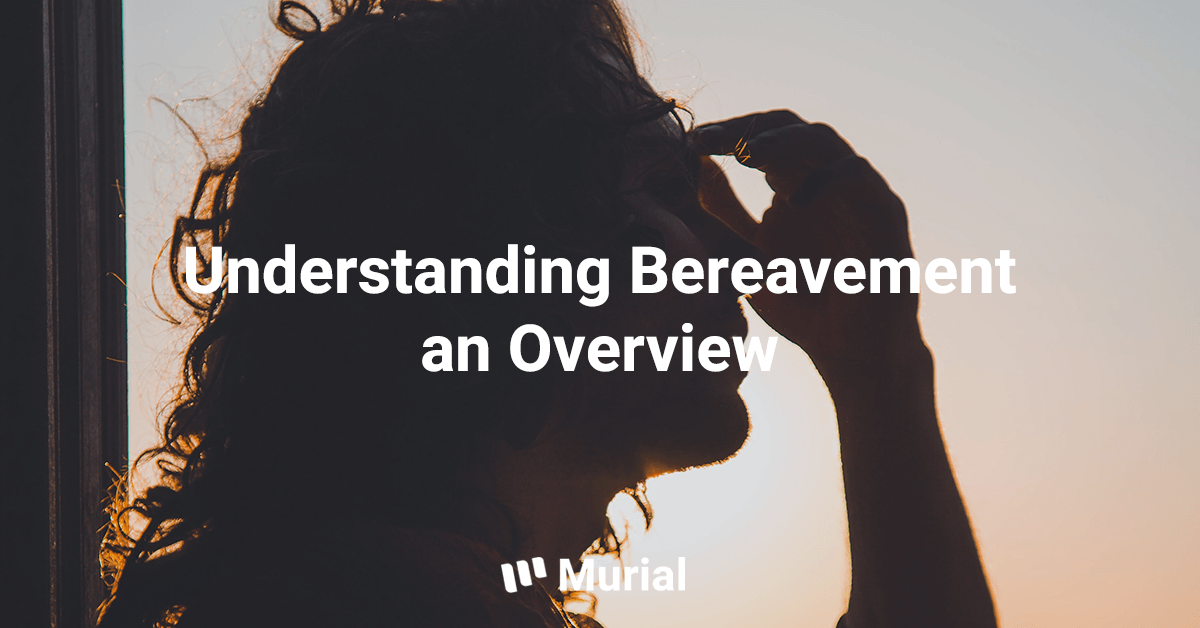Losing a loved one is one of the most difficult experiences a person can go through. Bereavement, the process of grieving and mourning the loss of a loved one, can be a long and difficult journey.
Whether you are currently experiencing bereavement or want to support someone who is, this article aims to provide a comprehensive understanding of the process and the available resources.
Understanding Bereavement
When someone close to us dies, we go through a process called bereavement. It’s a natural reaction to loss and it’s a difficult and painful experience.
Bereavement can affect people in different ways. Bereavement has many types and it can have both emotional and physical effects on an individual.
Emotionally, people may feel a range of feelings such as sadness, anger, guilt, and despair. Physically, people may experience changes such as difficulty sleeping or eating.
It’s important to understand that everyone experiences bereavement differently and there’s no right or wrong way to grieve. It’s a personal journey that takes time and patience.
Coping with Bereavement and Grief
Strategies for coping with bereavement and grief
There are a variety of strategies that individuals can use to cope with bereavement and grief. These can include:
- Talking to a therapist or counselor who specializes in grief and bereavement.
- Joining a support group for people who have experienced a similar loss.
- Practicing self-care, such as eating well, getting enough sleep, and engaging in regular physical activity.
- Finding healthy ways to express emotions, such as through writing, art, or music.
- Keeping a journal to document thoughts and feelings.
- Seeking comfort and support from friends and family.
- Finding positive and healthy ways to remember the person who has died, such as through memorials or by continuing to participate in activities that were important to them.
- Some people also find solace in spirituality or religion.
Seeking Professional Help
A therapist or counselor can provide a safe and confidential space to work through your emotions, and can also offer coping strategies and tools to help you navigate the grieving process.
Additionally, support groups can be an effective way to connect with others who are going through a similar experience and provide you with a sense of community and understanding.
Bereavement in Children
Bereavement and grief are not limited to adults, children can also experience the loss of a loved one and it can have a significant impact on their emotional and psychological well-being.
Children may not understand or cope with loss the same way adults do, so it’s important to recognize their unique needs and offer the right kind of support.
There are several ways to support and help children cope with the loss of a loved one. One way is to provide them with honest and age-appropriate information about what has happened and allow them to ask questions and express their feelings.
Creating a sense of continuity and security is also important, such as maintaining routines and providing a safe and stable environment.
Encourage children to remember and honor their loved ones through activities such as making a memory box or planting a memorial garden.
Pay attention to any changes in behavior or mood, such as changes in eating or sleeping habits, or withdrawal from activities they once enjoyed.
In such cases, it’s recommended to seek professional help from a therapist or counselor who can help guide children through the grieving process.
Coping with the Anniversary of a Loved One’s Death
The emotional toll of anniversaries on those who have experienced bereavement can be significant. It’s important to understand that anniversaries can bring up a lot of emotions and memories, and it’s normal to feel a range of feelings such as sadness, anger, guilt, and loneliness.
Strategies for coping with the anniversary of a loved one’s death include taking time to honor and remember the person who has passed away, talking to friends and family, and seeking support if needed. Practicing self-care, such as going for a walk, practicing mindfulness, or engaging in a favorite hobby, can also be helpful.
If the anniversary is particularly difficult, remember that it’s okay to take a step back and take care of yourself. It may be helpful to seek professional support, either through a therapist or a support group.
The important thing is to find what works for you and make sure to take care of yourself emotionally and physically.
End of Article
Grief is something that we all have to go through at some point in our lives. It’s a natural response to loss and can be a difficult and overwhelming process.
But one thing to keep in mind is that grief is a personal experience and it can look different for everyone.
There’s no set timeline for grief, and it’s important to understand that everyone grieves in their own way. It’s crucial to remember that seeking support, practicing self-care, and being mindful of physical symptoms are all key ways to cope with grief and bereavement.





